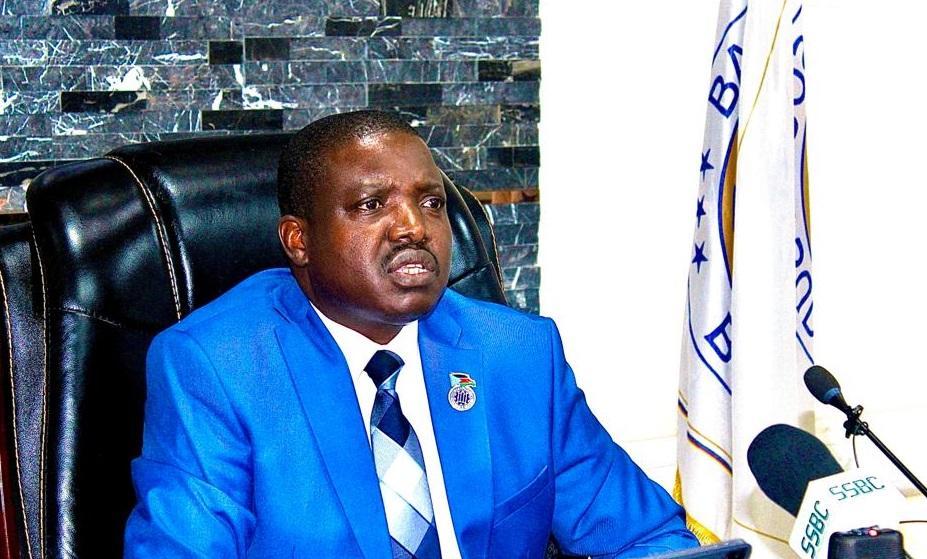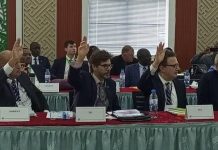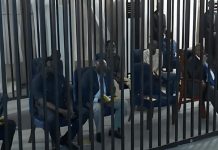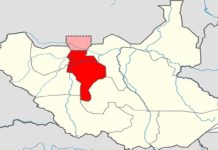Africa-Press – South-Sudan. The Bank of South Sudan (BoSS) announced on Friday that it lacks adequate hard currency reserves to peg the exchange rate of the South Sudanese Pound (SSP) against the US Dollar (USD) in response to rising inflation.
This statement follows calls from economists urging the central bank to stabilize the exchange rate between the SSP and foreign currencies to address the country’s deteriorating economic situation.
Speaking to reporters at a press conference on Friday, bank Governor James Alic Garang stated that fixing the exchange rate necessitates sufficient foreign exchange reserves, which the bank currently lacks.
“While I can affirm that we have enough to intervene in the market, we do not have the necessary amount to fix our exchange rate,” he said.
“Fixing it would also lead to additional difficulties similar to those we experienced prior to 2015, one of which is the inadequacy of the fixed exchange rate,” he added.
He elaborated that countries with fixed exchange rates maintain ample foreign reserves, allowing individuals to purchase hard currency at a predetermined rate.
“Once you’ve fixed the exchange rate, for example, at 9.96 or 9.95, hard currency should be readily available so that anyone who wants to buy can do so at the established rate,” Alic said. “Countries that fix their exchange rate do so because they have so much reserve.”
The bank’s governor explained that the fixed exchange rate was abandoned due to the country’s inability to sustain it.
“Whether there is a debate about the fixed exchange rate within the bank, there is currently no such thinking at the bank,” he stated.
“The reason is that when the adjustment was made in 2015, it was done with the full understanding that the country was no longer able to sustain a fixed exchange rate,” he added.
He further explained that South Sudan is a market-based economy with liberal capital regulations, which is why it adopted a managed float system given the country’s fragile economic situation.
“We are a market-based economy with liberal capital regulations, which is why our currency operates under a managed float,” he said.
“It is not truly free-floating, but rather a managed float in the sense that we intervene in the market when rates rise too high, and sometimes we simply let the market play its role,” he added.
South Sudan maintains three exchange rates: one determined by the central bank, another by commercial banks, and a third known as the parallel market rate.
The bank abandoned the fixed exchange rate regime that was in place since independence (July 2011) and adopted a floating exchange rate regime on December 15th, 2015.
For More News And Analysis About South-Sudan Follow Africa-Press






